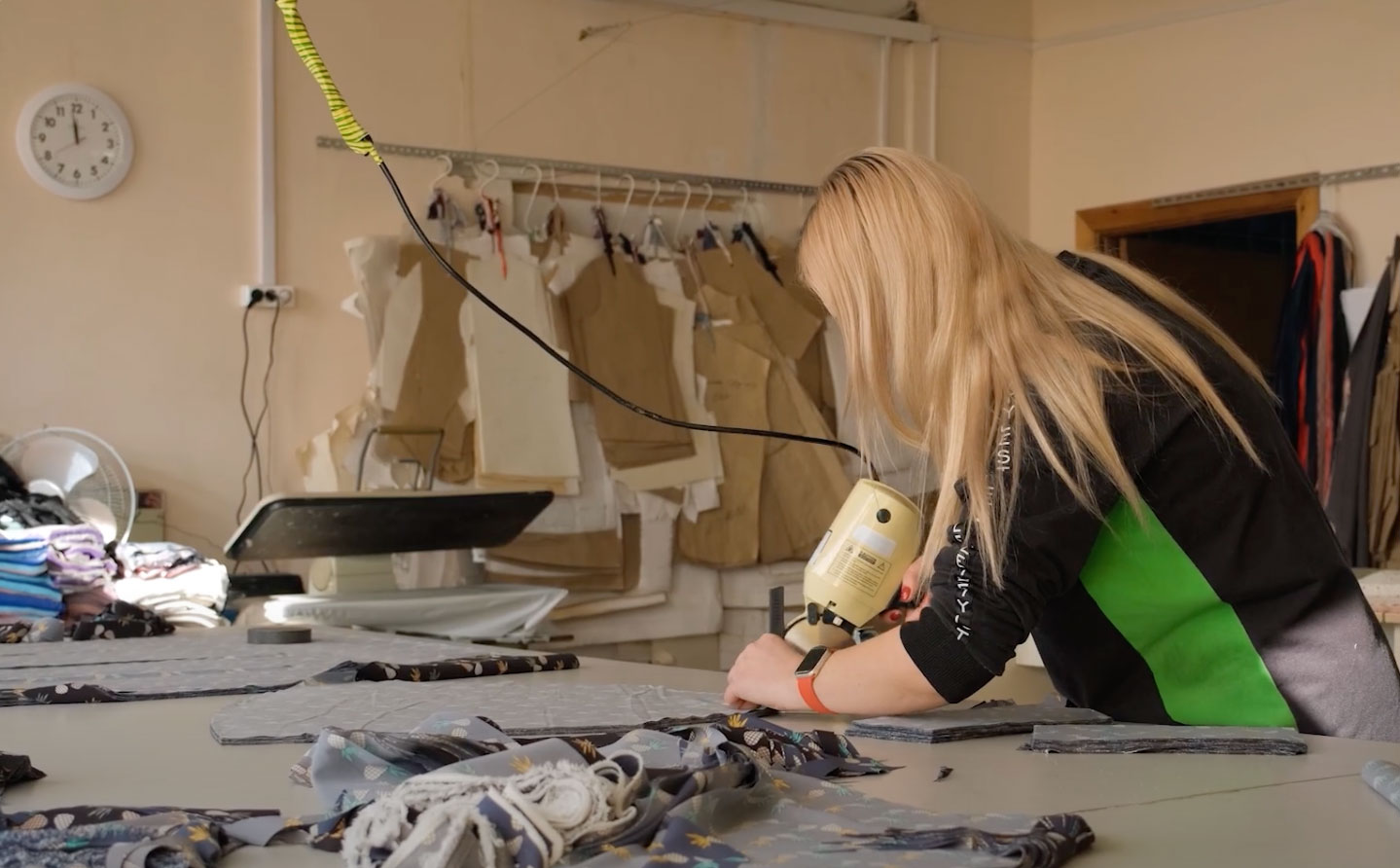With support from Innovate UK's Creative Catalyst programme, Digital Clothing Ltd is helping the textile and apparel industry comply with EU regulations.
Founders Tim Jun Li and Henry Yi Li created Digital Clothing Ltd to better connect the fashion and textile value chain and help companies to comply with sustainability legislation. While most small and medium-sized businesses are aware of new rules, they often lack the financial resources and digital skills needed to adapt.
Tim Jun Li, CEO of Digital Clothing Ltd said: “Our mission is to connect the entire fashion and textile value chain, from fibres to yarns to fabrics to garments and also to consumers. We provide digitisation services, product performance modelling and digital product passports*, as well as training to fashion and textile companies.
This is very important, because the new Ecodesign for Sustainable Products Regulation mandates that all fashion and textile companies have to meet equal design requirements and implement digital product passports in order to access the EU market.”
Digital Clothing’s technology had been in development for several years. However, the team needed support to connect with the businesses that would use the platform and to drive industrial adoption. By joining Creative Catalyst, the £30 million funding programme from Innovate UK designed to support high-potential creative businesses in the UK, the company secured grant funding to bring their tech to market.
The Innovate UK support
Creative Catalyst has helped Digital Clothing Ltd identify and engage with fashion and textile companies seeking to digitise their products. The funding provided not only financial support but also gave the founders credibility when approaching businesses for the first time.
Professor Henry Yi Li, Chief Technology Officer at Digital Clothing Ltd said: “The impact has been huge. Without the funding, we wouldn’t have had the financial resources or opportunity to engage with local communities and share our technology, particularly with small and medium-sized enterprises (SMEs) who need our services. With this funding, we’ve been able to create a social and economic impact, so we’re very happy we got this opportunity.”
The team’s engagement with industry through the Creative Catalyst programme has been crucial in building a better understanding of where fashion and textile companies need support.
Tim said: “We learned that a lot of companies are aware of these legislations, but they’re not very knowledgeable about the specific requirements. We’ve been able to work with them to understand how we can develop programmes that will help them with these compliance procedures.”
The future
The company’s long-term goal is to provide data services and support for the global fashion and textile value chain to create a more sustainable future for the next generation. This will include helping companies around the world to digitise their products and performance and creating certifications with third-party testing authorities.
Tim said: “There’s huge commercial potential because we’re digitally connecting the entire supply chain, which is something that has never happened before. Once we’ve built up sustainable demand from SMBs, we plan on seeking more investment to scale up and support more companies.”
*Digital product passports act as identity cards for products, components and materials, so consumers and manufacturers can make more informed decisions around sustainability. The passports include information on the product’s technical performance, materials and origins, potential to be repaired and recycled, and overall environmental impact.


